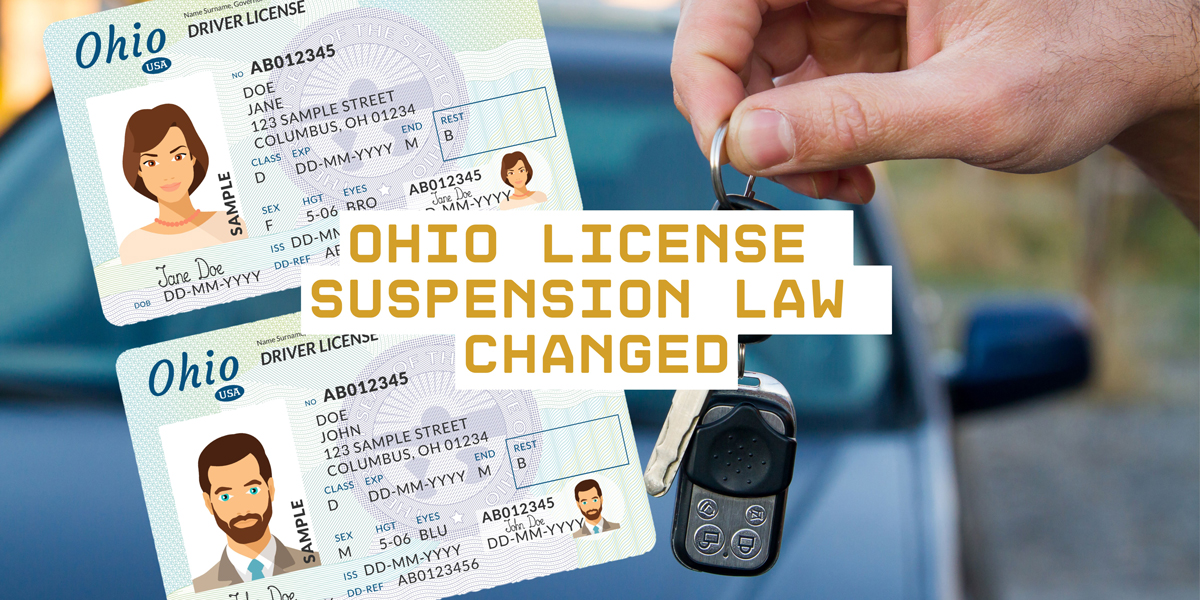Being involved in a personal injury accident can be a distressing experience, both physically and emotionally. In the aftermath of such an incident, handling the situation with caution and seeking appropriate legal guidance is crucial. One common mistake is giving a statement to the at-fault driver’s insurance company before hiring a personal injury attorney without fully understanding the potential consequences.
- Adverse Impact on Your Claim:
When you give a statement to the at-fault driver’s insurance company, you may unknowingly provide information that could be used against you to diminish or deny your claim. Insurance adjusters are trained to look for inconsistencies or statements that may potentially reduce their liability. Even innocent mistakes in your statement could be used to devalue your claim or place partial blame on you.
- Lack of Legal Representation:
Giving a statement to the at-fault driver’s insurance company without legal representation puts you at a disadvantage. Insurance adjusters are skilled negotiators who are well-versed in the intricacies of insurance law. Without proper legal guidance, you may find yourself at a disadvantage when understanding your rights, the full extent of your damages, and the potential value of your claim.
- Premature Settlement Offers:
The goal of the Insurance companies is to settle claims quickly and for the lowest possible amount. By providing a statement early on, you may inadvertently give the insurance company the information they need to make a low settlement offer. It is essential to remember that the full extent of your injuries and damages may not be immediately apparent. Rushing into a settlement without fully understanding the long-term consequences can leave you without adequate compensation for your injuries, medical expenses, lost wages, and emotional distress.
- Potential for Manipulation:
Insurance adjusters are trained to ask specific questions that may lead you to provide answers that are not in your best interest. They may attempt to downplay the severity of your injuries or elicit statements that could be used to argue that you were partially at fault for the accident. You may fall into these traps without proper legal representation, which could negatively impact your claim.
Following a personal injury accident, it is crucial to prioritize your well-being and seek appropriate legal advice. Giving a statement to the at-fault driver’s insurance company without proper legal representation can potentially harm your claim and ability to receive fair compensation. At Pickrel Schaeffer and Ebeling, we have experience in personal injury law to guide you through the claims process, protect your rights, and ensure you receive the compensation you deserve. Remember, your focus should be on your recovery while legal professionals handle the complexities of your case.
If you have questions about injuries you or a loved one received due to the fault of another, contact L. Michael Bly at 937-223-1130 or mbly@pselaw.com.













